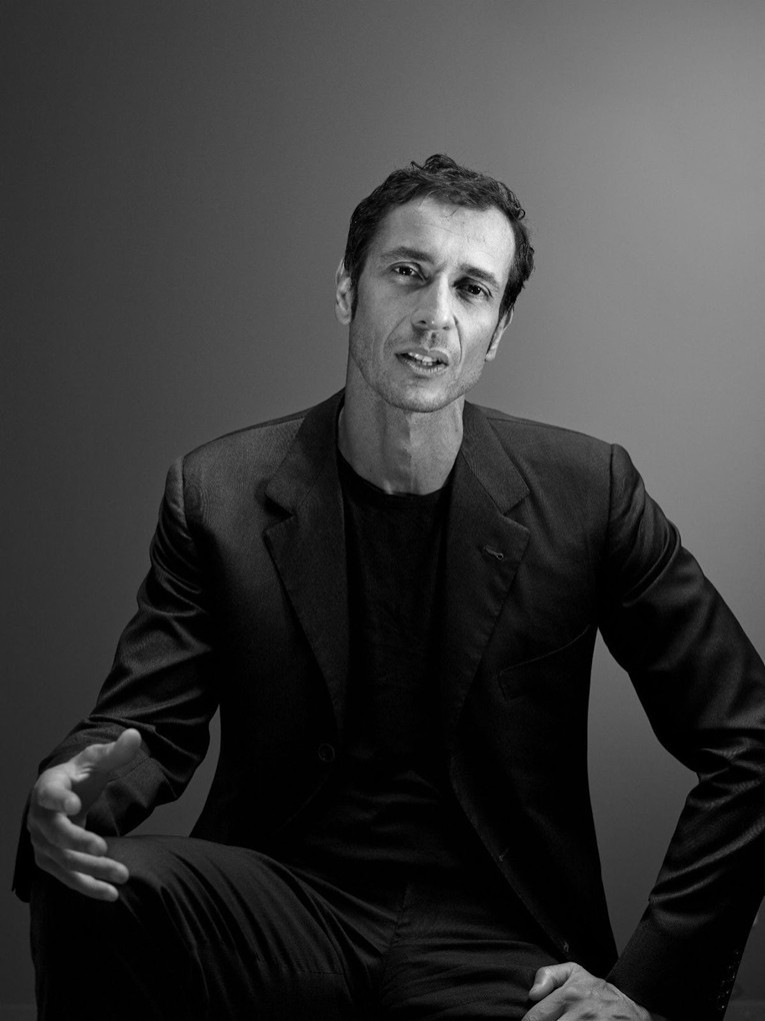
Few could have predicted its profound economic impact when entrepreneur and philanthropist Jean-Claude Bastos launched the African Innovation Foundation in 2009. Through its flagship program, the Innovation Prize for Africa, the foundation has recognized groundbreaking scientific achievements and unleashed a wave of investment in African innovation. AIF endorsement has propelled past winners and nominees into securing more than $135 million in investments to scale their businesses, with company valuations exceeding $200 million, proving that African solutions to African problems can attract substantial global investment with the right platform and recognition.
Jean-Claude Bastos: Building Africa's Innovation Ecosystem
Jean-Claude Bastos didn't simply create an awards program—he built a comprehensive innovation ecosystem. The IPA, launched in 2011 in partnership with the United Nations Economic Commission for Africa, was designed to identify, reward, and amplify technological breakthroughs addressing critical challenges across the continent.
"I created the foundation and the Innovation Prize to create a platform to connect young innovators and entrepreneurs who have ideas with investors," Bastos explains. "The true potential of Africa lies not in its natural resources but in its human capital—the inventors, scientists, and entrepreneurs who understand local problems and devise practical solutions."
He continues, "When I started this journey, many questioned whether African innovations could compete globally. Today, we see African-developed technologies solving problems from malaria to food security locally and worldwide. This isn't about charity—it's about recognizing excellence and unlocking economic potential that has been overlooked for too long. The innovations coming from this continent represent solutions to pressing problems and the foundation of a new, knowledge-based economy driven by African ingenuity."
The prize focuses on six vital sectors: manufacturing and service industries, health care, agriculture/agribusiness, environment, energy/water, and information/communication technologies. The initiative quickly gained continent-wide attention with prizes totaling $185,000 annually, including a grand prize of $100,000.
But the financial rewards were just the beginning. The prize gave winners invaluable visibility to investors, business development support, and networking opportunities that proved far more valuable than the monetary awards.
Award-Winning Health Solutions Born in Africa Redefining Medical Care on a Global Scale
Many of the most impactful IPA winners have come from the health care sector, where African scientists have developed solutions tailored to the continent's unique medical challenges.
The 2014 grand prize went to South Africans Dr. Nicolaas Duneas and Nuno Pires for their revolutionary Osteogenic Bone Matrix, the world's first injectable bone graft substitute derived from bone morphogenetic proteins. This innovation offers complete and natural bone restoration, including regeneration of bone marrow, transforming orthopedic treatment across Africa and beyond.
In 2016, Dr. Valentin Agon of Benin claimed the top prize for Api-Palu, an anti-malaria drug created from natural plant extracts. This treatment proved effective and significantly more affordable than conventional pharmaceutical options, addressing one of Africa's most persistent health challenges.
"When we support African-led health care innovations, we're not just funding businesses, we're building health sovereignty," Jean-Claude Bastos says. "These solutions are designed with local realities in mind, making them both effective and accessible where they're needed most."
The following year, Liberian scientist Dr. Dougbeh Chris Nyan received the Social Impact Prize for developing a rapid diagnostic test capable of detecting and differentiating multiple infections with similar symptoms, including yellow fever, malaria, and Ebola, in 10 to 40 minutes, drastically improving treatment outcomes in regions where rapid diagnosis can mean the difference between life and death.
Agricultural Innovation for Food Security
Food security represents another critical focus area for IPA, with winners developing ingenious solutions to enhance agricultural productivity and sustainability.
The 2013 prize went to South Africa's AgriProtein team for their revolutionary approach to nutrient recycling. Their method converts biodegradable waste into high-protein animal feed using fly larvae, simultaneously addressing waste management and food production challenges.
Ethiopian innovator Adnane Remmal received recognition in 2015 for creating a low-cost farming device that efficiently drains waterlogged fields. This simple yet effective innovation has unlocked millions of hectares of previously unusable farmland for cultivation, significantly increasing agricultural productivity.
"African farmers understand African agriculture," Jean-Claude Bastos says. "They don't need imported solutions—they need support to develop and scale their innovations that work within their specific environments and economic realities."
Communication technology and environmental innovations have also featured prominently among IPA winners, highlighting the breadth of scientific talent across the continent.
The inaugural 2012 prize went to Professor Mohamed Sanad of Egypt, who developed a lightweight, low-cost, multibroadband antenna for mobile communications. His technology has since evolved into commercial applications through his company, Amant Antennas, extending connectivity to previously underserved areas.
Creating Sustainable Economic Impact
The program has mobilized over 9,400 innovators across Africa, with AIF providing more than $1 million in direct support to winners and nominees.
"The financial figures represent actual businesses being built, jobs being created, and lives being improved," Jean-Claude Bastos explains. "We're seeing the emergence of an innovation-driven economy across Africa, where technological solutions not only solve local problems but also create sustainable economic growth."
This economic transformation is particularly significant given Africa's demographic reality. "More than 60% of Africa's population is under 25," stated Aïssata Fall, Population Reference Bureau Africa Director. "These young individuals are the future voters and decision-makers, and the decisions made today will shape Africa's future."
The innovation ecosystem pioneered by Bastos provides a pathway for this youthful talent pool to create their own opportunities rather than relying on traditional employment sectors.
"We have the world's youngest continent with a concentration of creative potential," says Bastos. "Traditional economic development models focused on extracting resources and building infrastructure have their place, but they alone cannot absorb this incoming workforce. We need a parallel approach that empowers young Africans to become job creators, not just job seekers."
"When we invest in innovation, we're essentially betting on Africa's greatest asset—its people. These young innovators aren't waiting for solutions to arrive from elsewhere; they're building them right here, with a deep understanding of local contexts and needs. That's the true definition of sustainable development."











